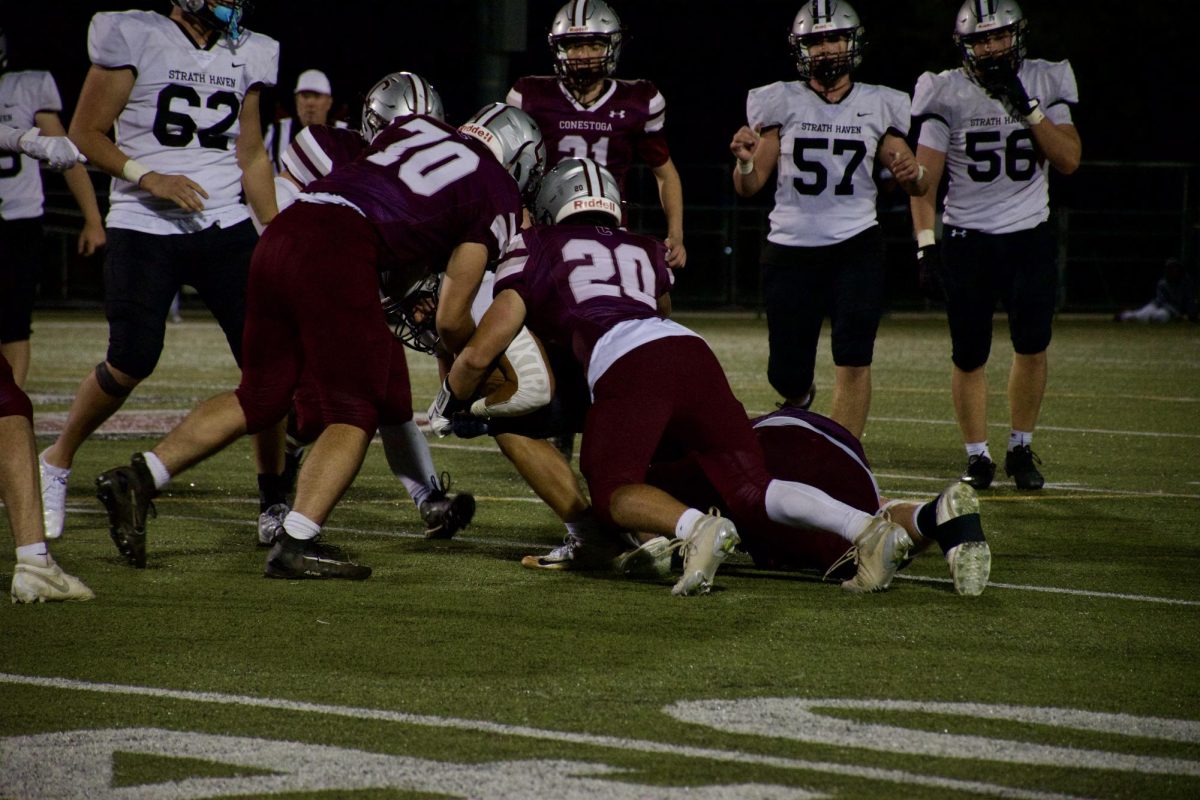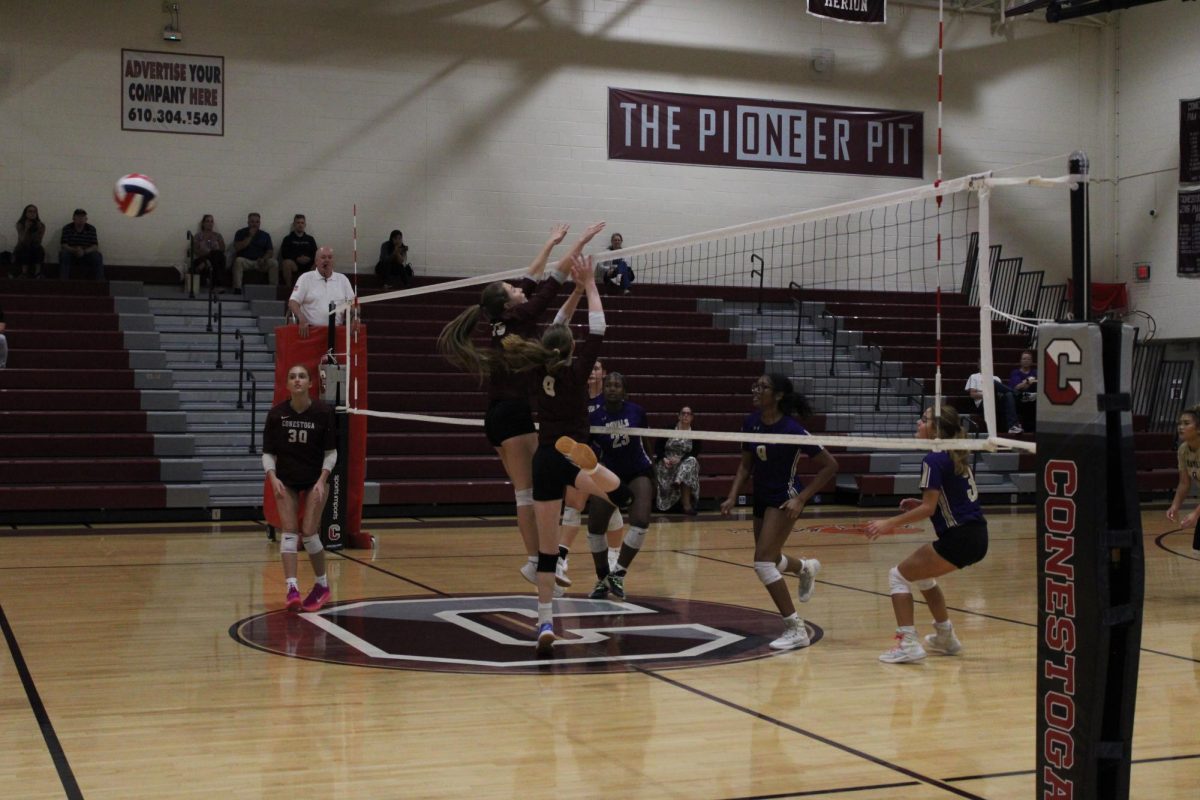By Howard Kim, Co-Editor-in-Chief
As Founding Father and second president of the United States John Adams once said, “A division of the republic … is to be dreaded as the greatest political evil.”
These words ring truer than ever in today’s political climate, especially given the tense atmosphere in the recent election season. The political aisle that could once be crossed with a handshake, a smile and a willingness to compromise now requires weeks of tense negotiations and political gamesmanship. For example, government shutdowns, which occurred for the first time a mere 44 years ago, are now routine events in Washington. During the eight different administrations that have held the Oval Office since then, there have been 10 federal government shutdowns and even more funding gaps. American politics have become polarized and stagnant, and a major reason for this is the two-party system.
According to Emory University political science professors Dr. Alan Abramowitz and Dr. Steven Webster, “a growing number of Americans have been voting against the opposing party rather than for their own party.” Because politicians today know that they only have one legitimate competitor in each election, they fixate more on ensuring their constituents don’t vote for their opponent rather than winning them over with their own platform. This ultimately leads to poorer representation of voters’ true concerns and more deeply entrenched party lines. Fortunately, there is a way to alleviate the problem, and it is not a new idea by any stretch of the imagination: voting for a third party or independent candidate.
Despite there being no notable third parties in the last few decades, they have played pivotal roles throughout much of American history. In fact, the Republican Party was once a third party, rising to political influence by standing against the spread of slavery in America’s western territories. Because neither the Whigs nor the Democrats officially represented this stance, Americans exercised their political voices by voting for a party that would, demonstrating that the ultimate power to shape our politics lies in the people’s hands.
Opponents of third parties often argue that voting for a third party is pointless since past candidates, such as the Green Party’s Jill Stein and the Libertarian Party’s Chase Oliver, haven’t gotten enough votes to be elected for decades. However, by voting for third parties, especially in tight elections where the dominant parties compete over every last vote, third-party voters can force candidates to add certain issues to their platforms, providing more inclusive representation, even if the third parties themselves don’t win.
As Adams also once said, “We electors have an important constitutional power placed in our hands … let us neglect all party loyalty.” Our democracy — which is dependent on cooperation — has lost its humanity to party politics, and it’s up to us as voters to let politicians know by voting for a party that will truly represent us, even if it’s neither red nor blue.
Howard Kim can be reached at [email protected].






















































































